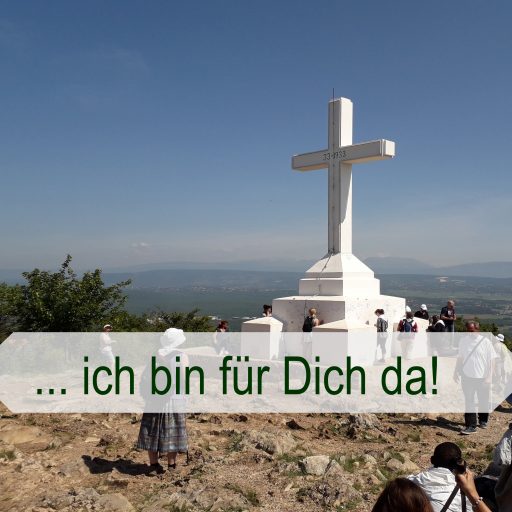Selection of the sermons of Father Ezekiel Oko
Freedom can also be abused and cause harm!
The "parable of the prodigal son" has been given a new name in many places in recent years and decades and is now often called "parable of the merciful father". In Luke it is classified thematically in the context of “losing and finding again” because it stands next to the parables of the lost sheep and the lost coin. Whether one calls the parable “of the prodigal son” or “of the merciful father” depends on which aspect of the parable one wishes to emphasize. However, the two aspects are inextricably linked. Because there would be no finding if no one were looking for what was lost.
Let's look at the two sides of the parable. What is the lostness of the prodigal son? A few words about the background of the parable can help us here. At that time, the firstborn was the main heir of the family. His younger siblings could be "paid out" before their father's death, i.e. they received their share of the inheritance in money. And it was also common in this New Testament period for the younger ones to leave the farm, especially if they wanted to lead their own lives with their own families. That said, the prodigal son's fault was not in moving to another country with his inheritance.
'Actually, it's the son's property. The question is, is he free to be irresponsible with his property and break with social conventions? Of course he can, but he must also bear the consequences of his irresponsible stewardship of the legacy.
At stake, dear sisters and brothers, is our freedom and the responsibility that comes with it. We cannot separate our freedom from their responsibility. Because both belong together.
The younger son thought he was free to do with his property however he wanted. Yes, he did. He went to a far-off country, lived a licentious life and squandered his fortune! But it wasn't long before he faced the consequences of his irresponsible life. Not only did he lose his fortune, but also his freedom. Because to satisfy his hunger, he had to do what he didn't want to do. be a pig keeper? This wasn't his dream job. But in his dire straits, this was possibly the only form of subsistence for him. He had lost his chances and with them his freedom.
'The lostness of the younger son is not that he has lost his fortune, but that he has lost the relationship with his father, the relationship that would have secured both his liberty and his wealth.
The parable teaches us that our freedom cannot be truly enjoyed apart from relationships and necessary laws and bonds. These secure our freedom and therefore precede it. If we don't pay attention to them, then sooner or later we will also lose our freedom. What do I mean by that, dear sisters and brothers?
Sometimes life doesn't go the way we imagined it would in terms of our freedom. We humans sometimes want to live as if we didn't need God, as if our freedom were absolute. But our existential dependence on God always catches our eye when we face our powerlessness.
Sometimes I want to believe that my freedom means I can lead my life as I want, but at some point I discover how everywhere I am bound by laws and principles that secure my freedom in the first place. The child wants to be independent of its parents quickly, but often realizes too late how much security parental guidance and support could have brought into its life.
Sometimes this discovery is too late! Because you are confronted with a problem that on the one hand you did not expect, a problem that on the other hand cannot be reversed. The saying often applies: "once ask twice shy," translated into German: You become wise through damage.
This can also make one sad and hopeless. One loses hope of being able to repair life, of being able to undo the damage caused by the abuse of our freedom.
Here, dear sisters and brothers, we should not lose sight of the other side of the parable: the merciful Father. Therein lies the good news of the parable: God is a merciful Father. His mercy is that he can restore us and our lost heritage; that he wants to help us to see the unity of things in life and to maintain the necessary bonds. Then we can better assess and keep our freedom.
Overview

